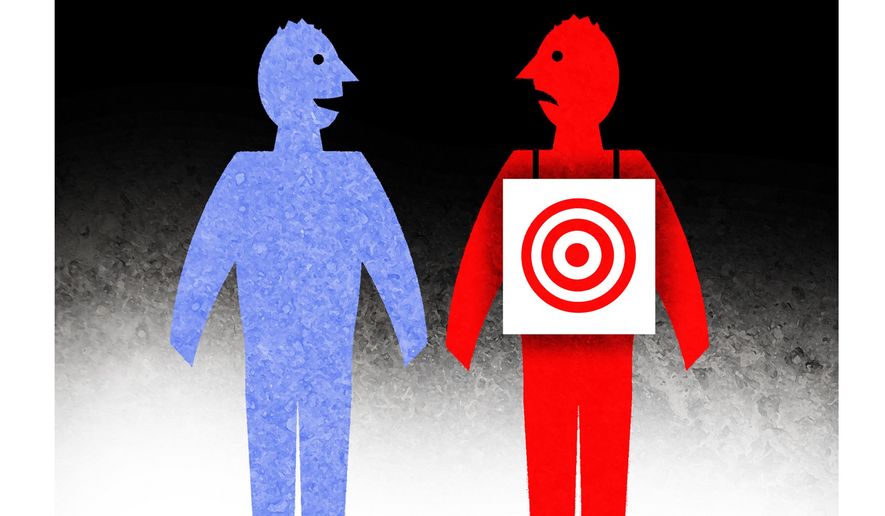The Student Loan Debate Isn't Just About Money. It's About the Experiences Students Like Me Sacrificed:
On Wednesday, President Joe Biden unveiled a plan to forgive $10,000 in federally held student loan debt for borrowers making under $125,000 per year and $20,000 for recipients of need-based Pell Grants. All told, the policy could affect as many as 43 million people and cost the government at least $300 billion.
Much of the opposition to that announcement has centered specifically on money—money that taxpayers will be on the hook to repay, money that will be used to ease the burden of people with six-figure salaries, and money that borrowers have already repaid and now won't have forgiven. To that last point, plenty of people who repaid their loans are now objecting that if they'd known relief was on the horizon, they simply would've waited.
That calculus is understandable, but it runs far beyond finances. In the face of Biden's announcement, many college graduates who made strategic choices to avoid taking on debt in the first place are now forced to wonder if those sacrifices have put them ahead after all.
I always knew I would one day go to college. When it came time for me to decide where to apply, I first thought about things like geography, variety of majors, study abroad opportunities, and the size of the student body. Those factors came to shape my list of dream schools.
How I would afford any of them, I had no clue.
By 2018, my freshman year, students at public four-year colleges were getting charged over $21,000 as in-state attendees and over $37,000 as out-of-state attendees, room and board included. Private four-years charged students over $48,000 on average. The average student who graduated with a bachelor's degree from a public university in late 2021—as I did—borrowed over $32,000.
My parents eventually convinced me that starting my adult life that far in the hole wasn't worth the tradeoffs (nor was it a serious option for them to shell out heavily for my degree, given our household income and down-the-road education costs for my siblings). Student loans were off the table. I began to search for a way to afford a good school. --->READ MORE HERE
The real polarization in the United States:
Between those the system works for, and those the system works against
By shifting the burden of paying back up to $20,000 from each person who incurred student loan debt to taxpayers, Team Biden exacerbated the political polarization of the United States.
Usually, when people talk about polarization, they mean partisan polarization. But that is a lazy and shallow assessment. The real division between people — the division that is both obvious and so dangerous that it is rarely mentioned — is the chasm between those for whom society and its institutions are working just fine and those for whom society and its institutions are either not working at all or are actively working against.
The last few weeks in the United States have seen a few really stark examples. Let’s start with the student loan disaster. Team Biden has been engaged in a relentless effort to make the working class pay for the education of the well-off since the president took the oath of office. It is a completely indefensible policy for a number of reasons — the inequity of penalizing frugality, thrift and hard work; the creation of moral hazard related to the discharge of debt; the feeding of the always voracious academy; the ignoring of universities’ considerable assets and other endowments.
But the most salient reason to oppose it is that it is regressive. It transfers cash from the relatively less well-off to the relatively more well-off.
How about the budget reconciliation? That legislation, formally called the Inflation Reduction Act, is loaded with tax credits for companies, purchasers of electric vehicles, buyers of heat pumps, water heaters, solar panels, etc. --->READ MORE HERE
If you like what you see, please "Like" and/or Follow us on FACEBOOK
here, GETTR
here, and TWITTER
here.



No comments:
Post a Comment